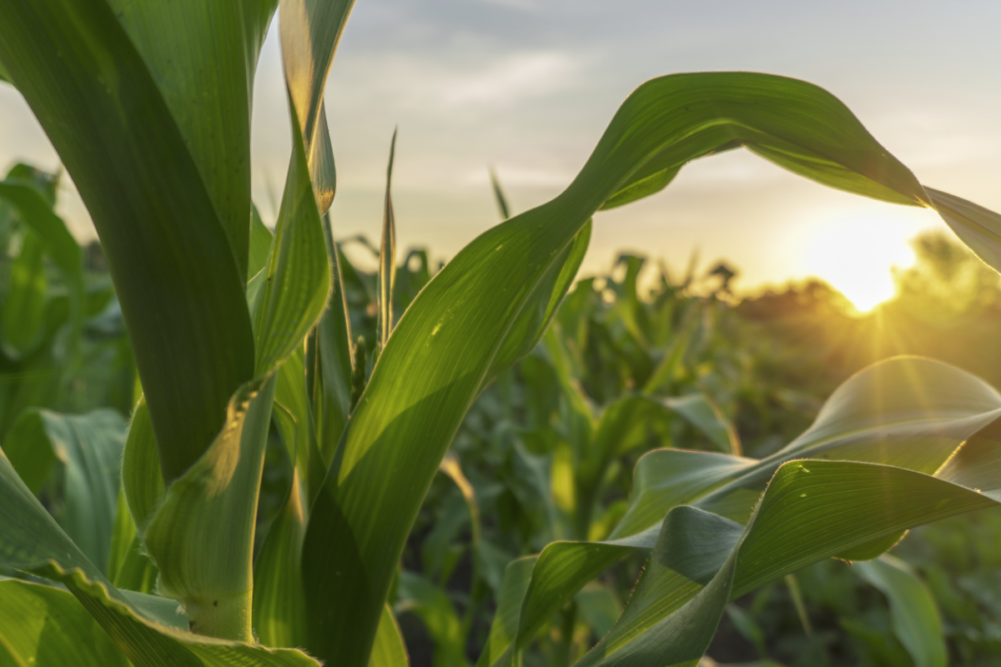MANHATTAN, KANSAS, US — Kansas State University (KSU) has received a $16 million grant that will support an extensive study across the US Corn Belt and Great Plains on how crop, soil and water management affect the soil microbial communities driving agroecosystem functions.
Most of the funding for the study (more than $7 million) comes from the Foundation for Food & Agriculture Research (FFAR). KSU also provided some of its own funding for the study. Other organizations funding the study include Bayer Crop Science, Iowa State University, LandScan, LI-COR, Mississippi State University, the Ohio State University and the University of Kansas.
“With climate change, there is an urgent need to unravel the interactions between genetics, environmental conditions and agriculture management if we want to produce more while preserving the environment,” said Kathleen Boomer, PhD, scientific program director of FFAR. “This integrated field research and modeling effort will provide insights critical to improving field operations and sustaining vibrant agroecosystems across diverse landscapes.”
The study will take place over an initial five-year period and investigate how combinations of cover crops, nitrogen, crop rotation and tillage, and water management influence soil microbial communities that drive nutrient availability and loss, specifically when variable soil water conditions affect these combinations. The study also will implement field research across a wide variety of environments while measuring indicators of cropping systems’ performance and sustainability.
According to FFAR, the KSU project will be led by Dorivar Ruiz Diaz, PhD, professor of soil fertility and nutrient management and Brian Olson, PhD, professor and head of Western Kansas Research Extension Centers, as well as Sotirios Archontoulis, PhD, professor of the integrated cropping systems lab at Iowa State University.
“This project will generate much-needed knowledge on the synergies and trade-offs of multi-level management factors improving agricultural productivity with conservation management across soils and environments, including water, nutrient cycling, soil carbon and soil health,” Ruiz Diaz said.
FFAR also said, due to the constraint of past projects caused by short-term support, the organizations funding the study will extend it for five years beyond the grant period to improve the understanding of plant genetics, environmental conditions and agriculture management interactions across space, time and changing climate conditions.





